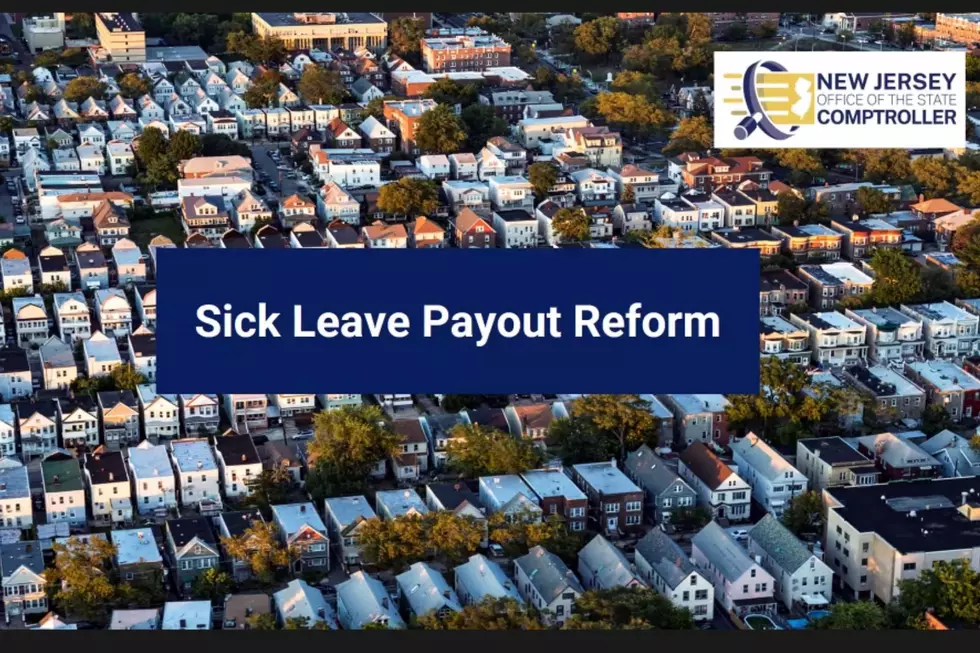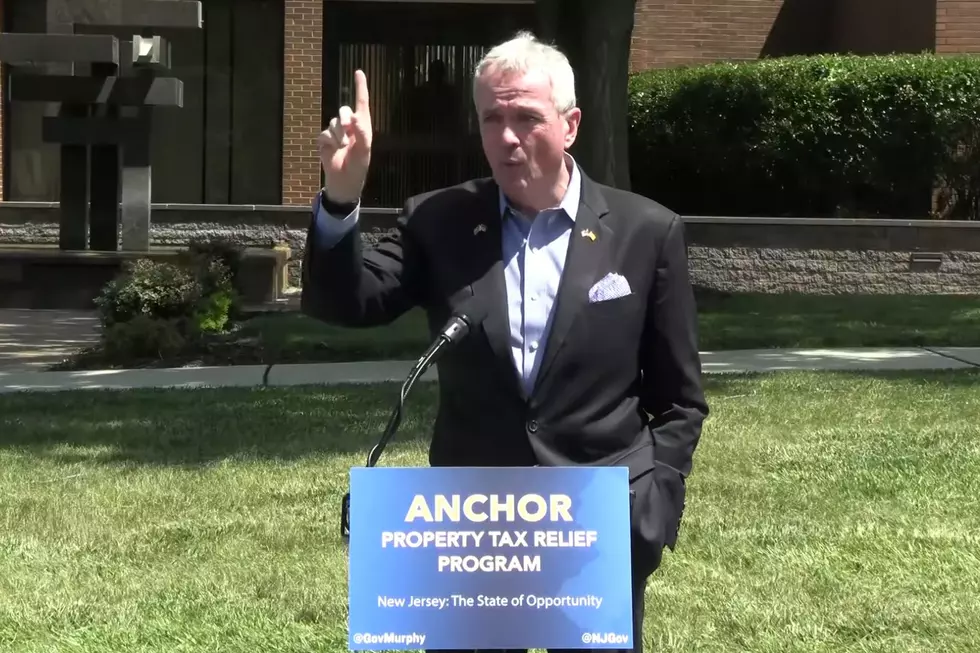![Are the Rich Leaving New Jersey? [AUDIO]](http://townsquare.media/site/385/files/2014/03/RS2384_99750720-scr.jpg?w=980&q=75)
Are the Rich Leaving New Jersey? [AUDIO]
New Jersey's income taxes, estate taxes and property taxes are driving the wealthiest residents out of the state, a new study suggests.
The RegentAtlantic Capital report stated New Jersey's high-income residents are learning to live elsewhere once they realize the amount of money they can save on taxes.
"New Jersey competes with other states, and not the federal government," said David Bugen, managing partner. "The tax structure in New Jersey encourages high-income residents to move to Pennsylvania and still work in New Jersey."
The report noted a high-wage earner could save $1.8 billion over 25 years by living in Pennsylvania instead of the Garden State.
New Jersey's estate tax was also criticized by the report. The exemption for the tax on the deceased is $675,000 in New Jersey. No such charge exists in other locations, such as Florida.
"New Jersey is the most expensive state in this country in which to die," Bugen said.
Unlike the majority of other states, New Jersey still prohibits residents from deducting charitable gifts on their state income tax return. Bugen suggested the state "does not encourage philanthropy," creating another reason for an exodus of those with lots of money to spend.
Households with incomes greater than $500,000 a year, the report stated, pay more than $4.2 billion in state income taxes, while one-tenth of 1 percent of the entire state population pays more than $2.12 of all income tax. Nearly 40 percent of New Jersey's total revenues come from personal income taxes.
"If these folks leave, that means the tax burden is going to be imposed upon others," Bugen said. "That can have a long-term effect on either a reduction of services or higher taxes for the middle class, or a combination of both."
Bugen said there is a psychological difference between being the highest-taxed state and a highly-taxed state, and just the slightest improvement by New Jersey could encourage an increasing number of people to move in, rather than out.
"It should be noted that New Jersey does provide some tax benefits for retirees," the report stated. "These include a tax exemption for Social Security earnings, military pensions, and railroad retirement benefits."
More From New Jersey 101.5 FM









